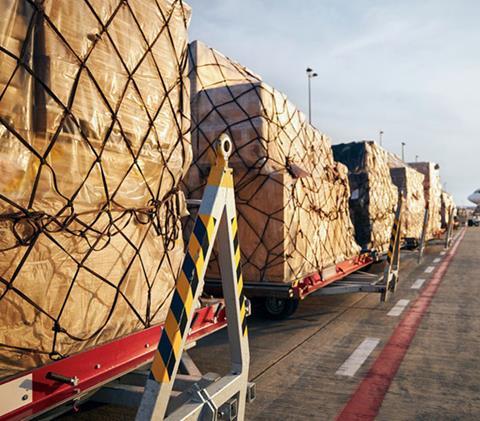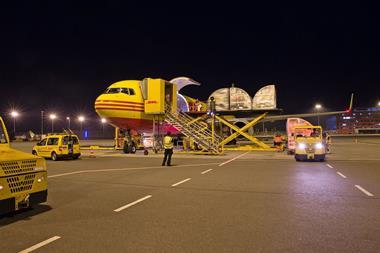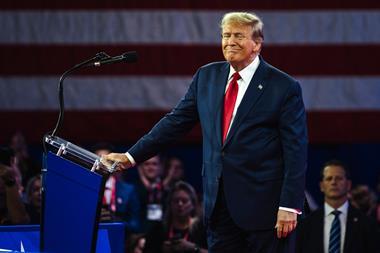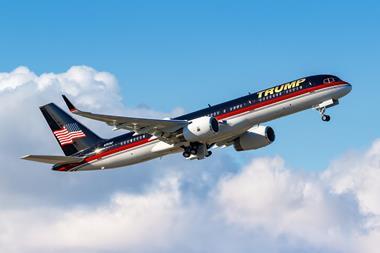
Logistics firm Aramex has warned UK exporters that they could face extra supply chain costs and shipment delays if the US opts to add tariffs on products being sold from the country.
The logistics firm pointed out that in the run-up to the US election, president-elect Donald Trump suggested he could impose tariffs on goods being imported into the US.
Although no solid plans on extra tariffs on UK goods have been announced, Aramex warned that shippers should nonetheless be prepared for the eventuality.
Aramex UK and Europe chief executive Umar Butt said: “For UK firms, the introduction of tariffs would compel them to either absorb the costs, squeezing profit margins, or pass them on to consumers, potentially reducing demand for goods from industries which typically export in high volumes from the United Kingdom, such as automotive, pharmaceutical, and machinery.
“From a shipping perspective, fears of new tariffs are also likely to trigger significant front-loading at US ports once again, with reports of retailers and manufacturers already actively front-loading imports in anticipation.
“This could lead to congestion at key ports, causing delays in unloading, and the surge in shipments may also increase shipping costs, making it more expensive for UK firms to deliver their goods to the US.
“We would urge exporters to work closely with their logistics partners in the coming weeks and months to minimise the impact of any potential tariff-related disruptions should they be implemented. As what might seem like the most efficient course of action could ultimately result in higher costs down the line.”
Butt added that during Trump’s first term, tariffs were introduced on foreign goods and the global economy didn’t come to a grinding halt.
He added that experts also expect the incoming US president to take a more moderate stance than he mentioned during his election campaign.
“That being said, in the run up to Trump’s inauguration UK exporters should still be prepared to put contingency plans in place to stay informed of any developments as they happen and mitigate any potential cost hikes,” Butt added.
“Looking through a logistics lens, this can be achieved by focusing on optimising supply chains and shipping strategies to better absorb the impact of potential tariffs – whether that be shifting away from just-in-time practices and adopting more flexible inventory models or reevaluating the most efficient and cost-effective shipping methods available.”
While Trump has not confirmed his plans for tariffs of most nations following his election comments, he has provided more details on his plans to levy tariffs on China, Mexico and Canada on his first day back in the White House.
Trump, who will be inaugurated on January 20, has said he will sign an executive order imposing tariffs of 25% on all goods from Mexico and Canada and an additional 10% on imports from China, above any additional tariffs.


















